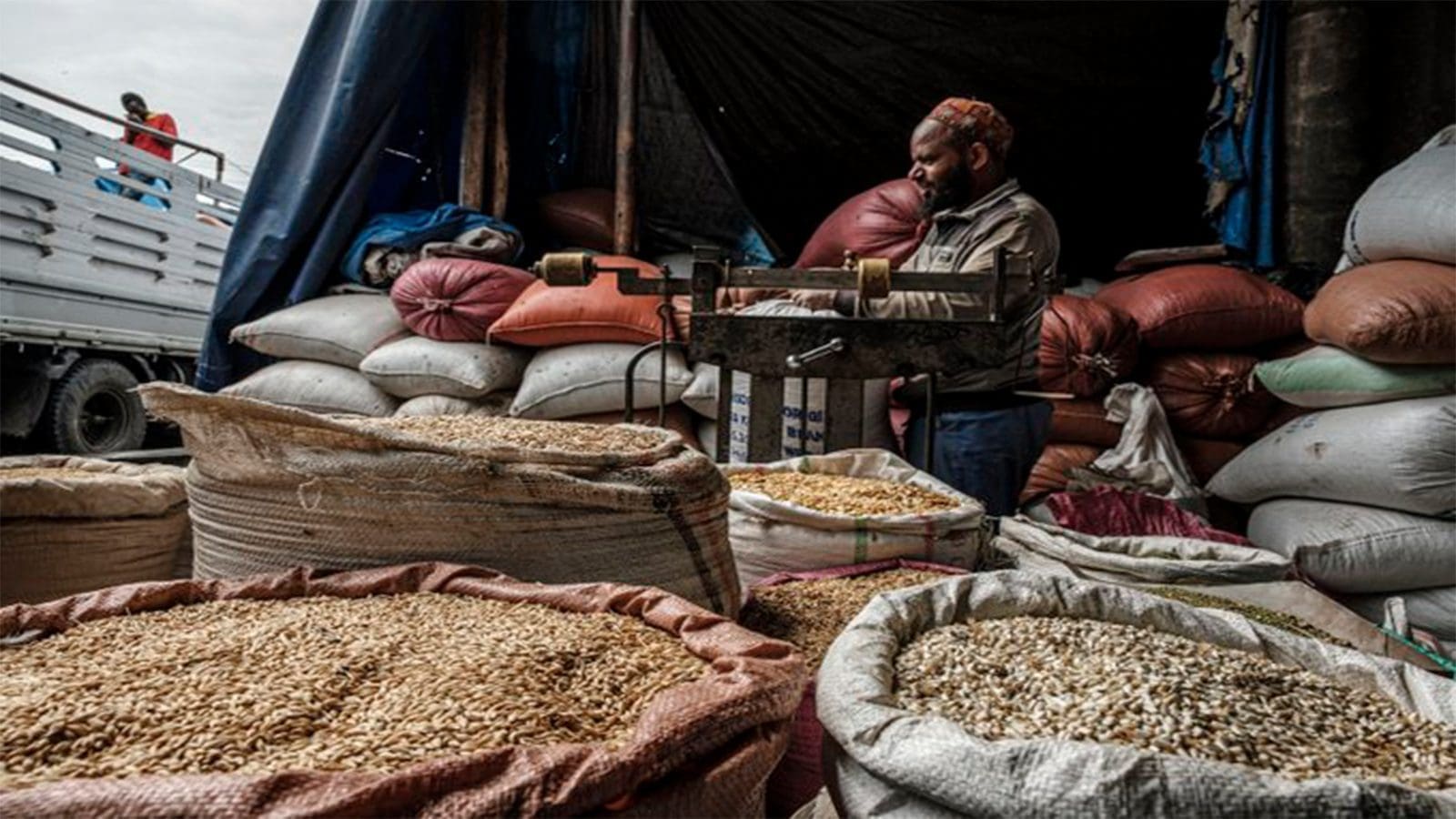High tariffs on imported food products are driving many Africans to seek food abroad, as they struggle with skyrocketing prices at home. The rising costs of basic staples, exacerbated by inflation and inadequate local production, have led consumers to explore options in foreign markets.
This trend is particularly noticeable among Nigerians, who are increasingly turning to international suppliers to access more affordable food items. As a result, there is a growing demand for African food products in countries with significant diasporas, creating opportunities for exporters to meet this need while navigating the challenges posed by high tariffs and logistical hurdles[2][4][3].
Citations:
[1] https://www.shiptonaija.com/shipping-food-items-from-nigeria-to-international-countries
[2] https://punchng.com/fg-suspends-food-imports-duty-partners-states-on-farming/
[3] https://foodstuff-africa.com/business-opportunities-africas-foodstuff-market/
[4] https://www.semafor.com/article/07/19/2024/nigeria-ups-food-imports-cuts-taxes-to-calm-inflation
[5] https://www.thisdaylive.com/index.php/2024/03/11/expert-high-import-tariffs-on-agro-equipment-threatens-food-security/
[6] https://www.nigeriatradehub.gov.ng/portals/0/documents/cbn_exchange_control_manual.pdf
[7] https://growthafrica.com/from-ghana-to-the-world/
[8] https://laws-lois.justice.gc.ca/eng/regulations/SOR-82-710/page-1.html

